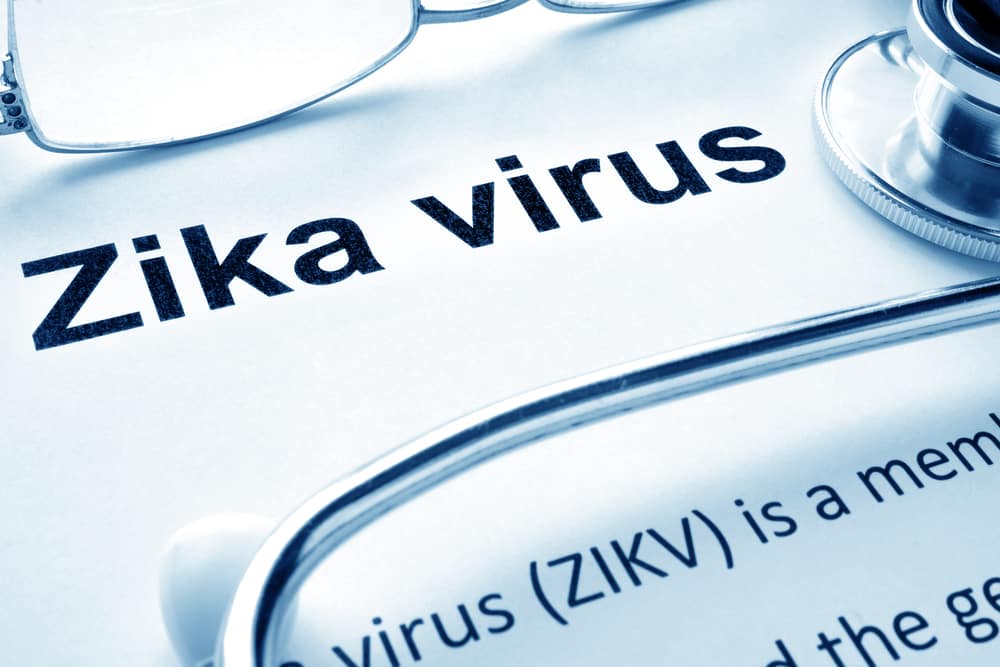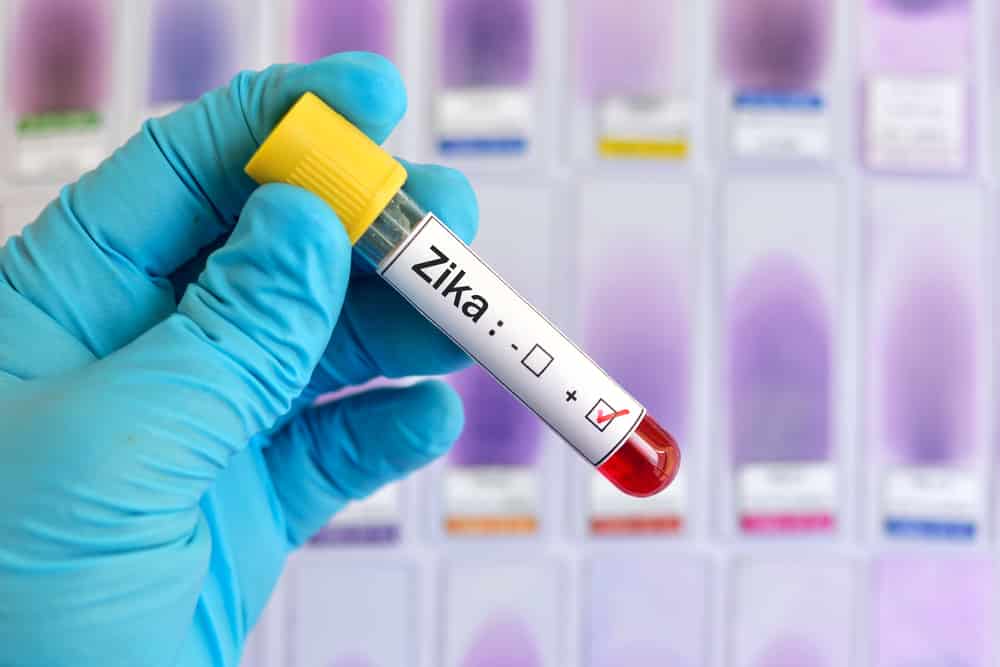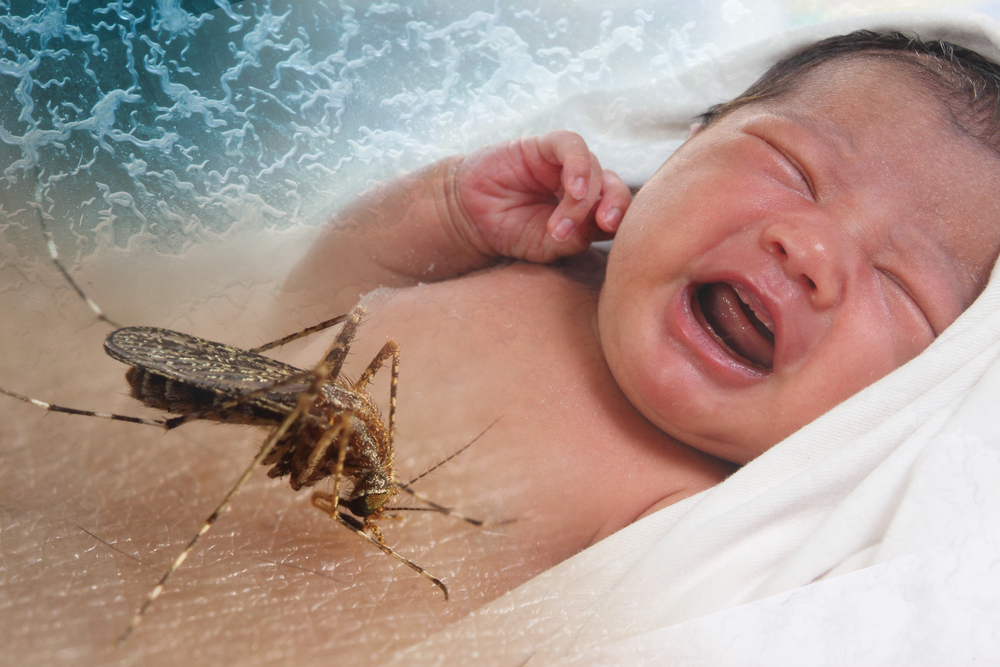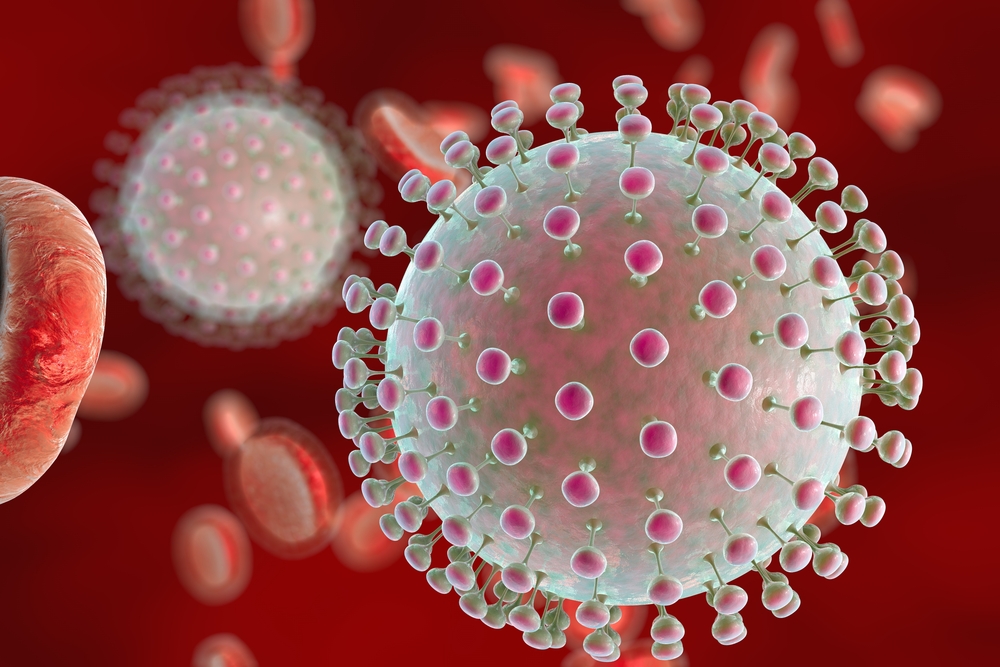In the early stages of life, babies are prone to infections. This is because their immune system is not as developed as yours. In addition, these little ones are unable to care for themselves. As a result, the parents or caregivers have to stay on top of any infection or virus that can affect babies.
Thankfully, you’ve got us for advice and tips!
One of the infections that can affect babies, before and after birth, is the Zika virus. This unique virus is predominant in the tropical and sub-tropical areas of the world. Furthermore, the mosquito is the vector that transmits the Zika virus.

In this article, you’d find accurate information about the Zika virus; what it is, the causes, transmission in babies, symptoms, prevention, and treatment.
Don’t stop reading.
Table of contents
First, What Causes Zika virus?
As we mentioned earlier, the Zika virus is a highly infectious disease that spreads primarily through mosquito bites. This disease is caused by Zika, a flavivirus carried by arthropods like mosquitoes and ticks.

Effect of Zika Virus on Pregnancy
Pregnant women with the Zika virus can transmit the infection to their unborn babies.
The virus has the potential to increase the risk of microcephaly in fetuses. Microcephaly is a birth defect that affects brain development. In fact, babies born with microcephaly have a smaller than normal head and brain.
Furthermore, the Zika virus also increases the risk of miscarriage, low birth weight, premature birth, and stillbirths in pregnant women.
How do Babies Get a Zika Virus Infection?
1. Congenital and Perinatal Transmission
An infected mother can transmit the virus to her unborn child in utero (while the baby is still in the womb) or around the time of birth (perinatal transmission).
Intrauterine or congenital transmission of the Zika virus occurs when an infected mother transmits the virus to her baby before delivery. In fact, a baby infected with the Zika virus in utero can develop symptoms such as Guillain-Barré syndrome, microcephaly, etc.
On the other hand, perinatal transmission occurs when a woman becomes infected with the Zika virus about 2 weeks before her delivery date and passes the virus to her baby during or around delivery time. As a result, these babies experience symptoms like:
- Conjunctivitis
- Arthralgia
- Fever
- Maculopapular rash
2. Breastfeeding
Studies show that the Zika virus is present in the breastmilk of an infected mother. Therefore, mother-to-child transmission is possible through breastfeeding.
Nevertheless, this route of transmission is just a possibility and isn’t actually set in stone.
Due to the fact that the benefits of breastfeeding outweigh the risk of contracting the Zika virus, infected moms are still advised to continue breastfeeding.
3. Postnatal Transmission
In addition to transmission during pregnancy or childbirth, babies may also get the Zika virus through direct mosquito bites. In these instances, the infected babies may have mild symptoms like fever or even be completely asymptomatic.

4. Sexual Transmission
Furthermore, the Zika virus may be transmitted through sex.
As a result, men with Zika virus are advised to use condoms during sex with a pregnant partner or if possible, avoid sex until their partner has delivered her baby.
If you aren’t pregnant yet but are planning to try to become pregnant soon, you should wait for at least 6 months (for men) or 8 weeks (for women) before trying. This is because studies show that the Zika virus has a longer life span in sperm cells.
Symptoms of Zika virus infection
Most people with the Zika virus infection usually have mild symptoms. Sometimes, there may be no symptoms at all. A pregnant woman who notices Jerky Spastic Movements During Pregnancy should be mindful too.
In most cases, the symptoms of Zika virus infection can appear between 3 to 14 days after exposure to the virus and can last for up to 1 week.
Some of the symptoms include:
- Redness of the eye (conjunctivitis)
- Eye pain
- Headache
- Fever
- Skin rash
- Joint or muscle pain
- Fatigue
- Abdominal pain
Treatment of Zika Virus Infection in Babies
There is no vaccine that protects against the Zika virus. There is also no specific medication for it. The only way to care for a person with symptoms of Zika virus infection is symptomatic treatment. In this case, the person is treated for the symptoms he/she presents with rather than the virus itself.
Some of these therapies can also help relieve symptoms of Zika virus infection:
- Fluids: Give your baby a lot of fluids, especially water to prevent dehydration.
- Rest: Allow your baby get a lot of rest.
- Vitamins: Give your child meals rich in vitamins. This helps to boost your baby’s immune system to fight the virus.
How can I prevent my baby from Zika virus infection?
The best way to prevent Zika virus infection is to avoid mosquito bites and reduce mosquito habitats. You can achieve this by avoiding trips to areas with the Zika virus while pregnant or trying to conceive.

In addition, you can practice safe sex if you are trying to get pregnant while living in high-risk areas for the Zika virus.
When it is impossible to follow the guidelines mentioned above, you can also try out the following tips:
- Maintain a good environmental hygiene by getting rid of stagnant water around your house. Mosquitoes thrive in stagnant water so you can reduce them by dislodging the stagnant water.
- Mosquitoes are most active from dusk to dawn, therefore, it helps to keep your baby indoors in this period.
- If you or your baby has to be outside for any reason, go for longsleeve clothes and long pants.
- You can also treat your baby’s fabrics with insect repellant such as permethrin.
- Sleep in a well air-conditioned room or use a mosquito bed net.
When to call a doctor
Call your doctor if your baby is having:
- Difficulty in breathing
- High fever
- Muscle weakness
Conclusion
If you notice that your baby has symptoms of the Zika virus, avoid administering non-steroidal anti-inflammatory drugs (especially for babies less than 6 months). This is because it puts them at risk of developing Reye’s syndrome, a fatal disease that affects many organs in the body, especially the brain and the liver. Read our other article on how to recognize RSV in babies
Finally, remember to follow the tips in this post and call your doctor if you have any concerns or questions.
We’re always here to help you.
References
Martins MM, Alves da Cunha AJL, Robaina JR, Raymundo CE, Barbosa AP, et al. (2021) Fetal, neonatal, and infant outcomes associated with maternal Zika virus infection during pregnancy: A systematic review and meta-analysis. PLOS ONE 16(2): e0246643. https://doi.org/10.1371/journal.pone.0246643
Aguilar Ticona JP, Nery N Jr, Ladines-Lim JB, Gambrah C, Sacramento G, et al. (2021) Developmental outcomes in children exposed to Zika virus in utero from a Brazilian urban slum cohort study. PLOS Neglected Tropical Diseases 15(2): e0009162. https://doi.org/10.1371/journal.pntd.0009162

